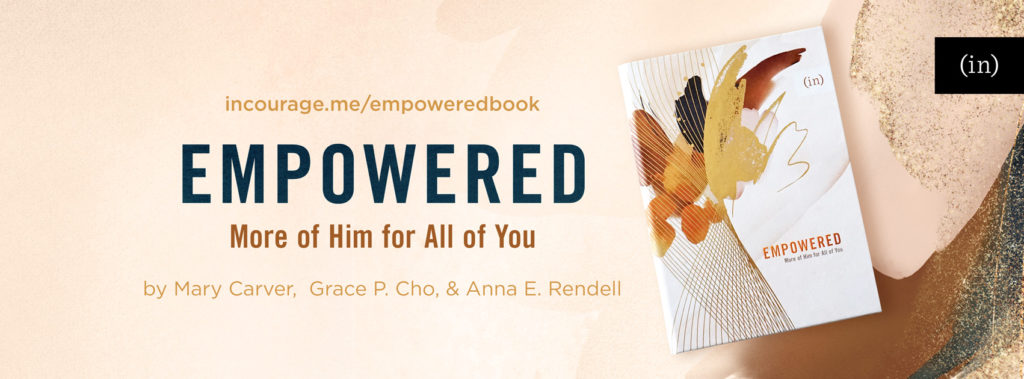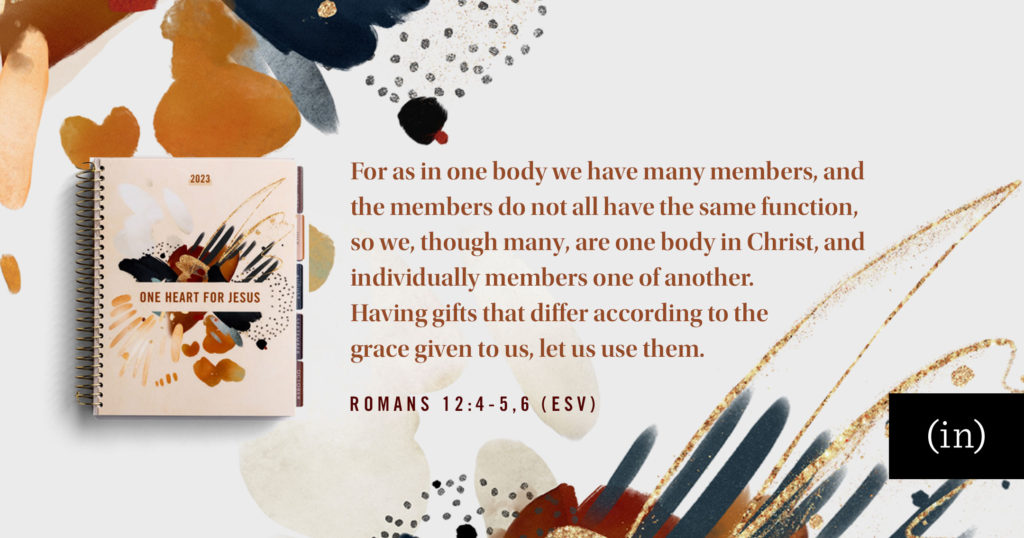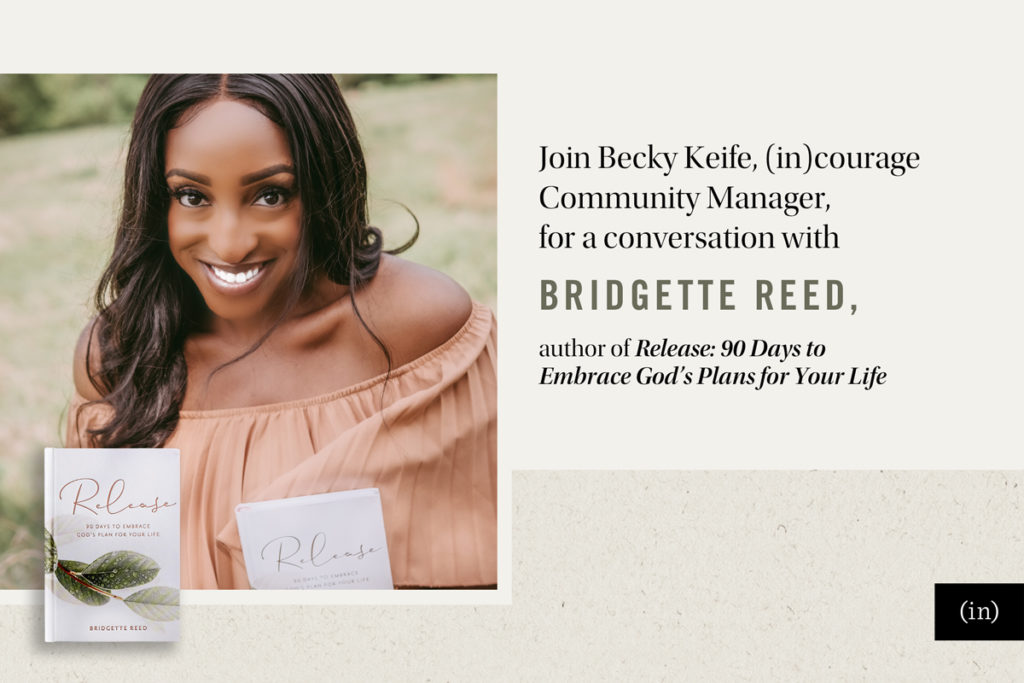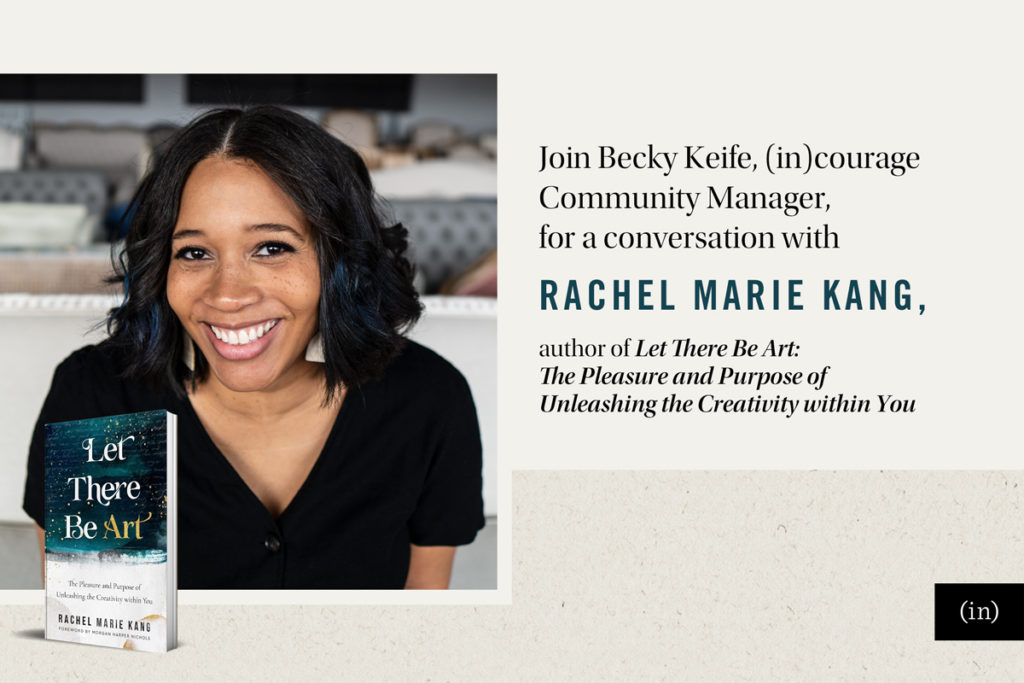The Lord is near the brokenhearted;
he saves those crushed in spirit.
Psalm 34:18 (CSB)
In the middle of heartache and life-break, when it’s hard to breathe, hard to see the path ahead, or even hard to find the strength to make it out of bed, you can count on this:
The Lord is near.
God doesn’t turn away when you feel desperate. Your burdens are not too much for Him to bear. He comes close to you. Like a concerned parent, He wants to scoop you up and hold you to His chest. Hear the beat of His heart: I am with you. I am with you. I am with you.







 Isn’t peace just what we all need right now? (Raising my hand high!)
Isn’t peace just what we all need right now? (Raising my hand high!)